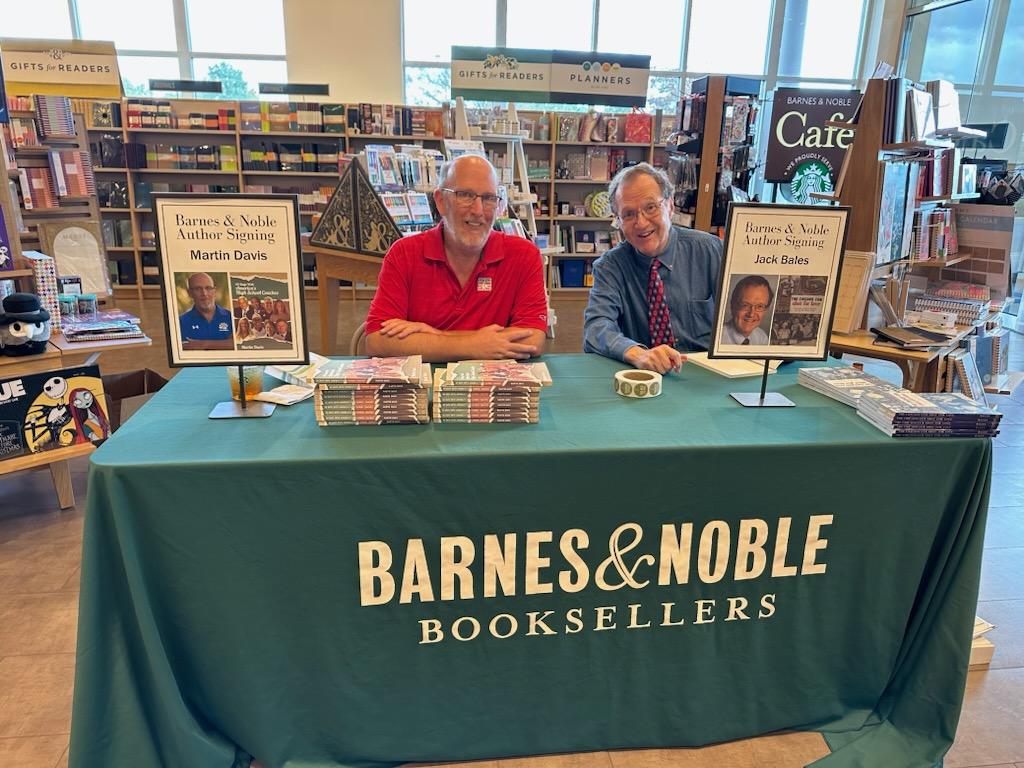Why are Barnes & Noble stores so different now? Here’s the story.

Earlier this month, we published a column by Martin Davis, headlined, A Virginia Barnes & Noble experiments with local author events
Thanks to that store’s Lead Bookseller Jane Keller, that particular Barnes & Noble is experimenting with lively and well-promoted local-author events. The moment Martin’s story was published, as Editor of Front Edge Publishing, I began getting emails from other authors asking:
“Why isn’t this possible with my Barnes & Noble?”
That question usually was followed by an explanation that the author had phoned, or personally stopped by, their local store—where they heard from someone in management that this kind of local-author events were not possible.
The reason is: Barnes & Noble is daring to allow widespread local autonomy on how to market books.
That means many Barnes & Noble stores are managed by folks who are not interested in trying the kind of innovation that Jane Keller has successfully launched in her store.
Martin explained that very unusual situation in his column (and he offered tips to other authors for developing a relationship with their regional stores). But now we have a lengthy New York Times report on this practice, headlined: Barnes & Noble Sets Itself Free—As the bookstore chain mounts a comeback, it’s breaking a cardinal rule of corporate branding and store design: consistency.
So, in answer to all of our readers and writers whose hopes rose when they read Martin’s report, we encourge you to read Maureen O’Connor’s entire Times story. She reports that this idea is the commitment of BN Chief Executive James Daunt who insisted that giving local managers a free hand on everything from interior design to local programming and marketing was the key to turning around the troubled retailer.
The article says, in part:
Bookstores, in Mr. Daunt’s view, are fundamentally different from other retail businesses, partly because of the range and variability of the products. Under his leadership, local managers are given a free hand.
“The curious trick has been that if you actually let the local book-selling teams do what they think is best, you suddenly get much better bookstores,” Mr. Daunt said.
Mr. Daunt believes in local experimentation to an extreme degree. “You turn what had been a very uniform but dying business into something that’s much more unpredictable and dynamic,” Mr. Daunt said, “and it begins to work.”
Once again, I’m urging our readers and writers to re-read Martin’s column from October 9. Please note the suggestions he makes at the end of his column about approaching BN stores in your area. And, please share Martin’s story and this story across your social media and emails with other readers and writers.
We would like to see a whole wave of engaged readers and writers walking into BN stores, suggesting locally generated author and book events.
We agree with Mr. Daunt: Let’s help BN free up book marketing from the tyranny of the old rules that made this kind of local initiative almost impossible.